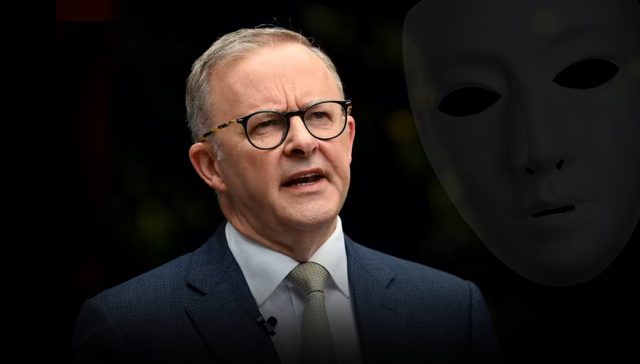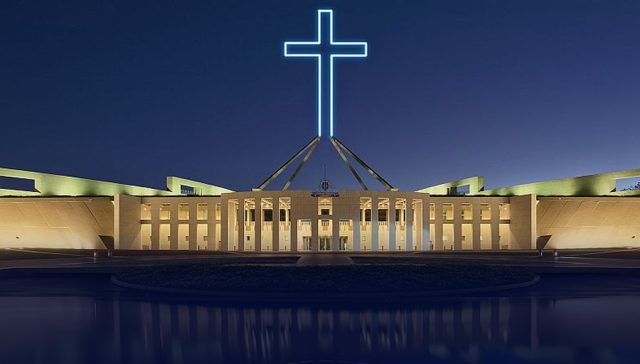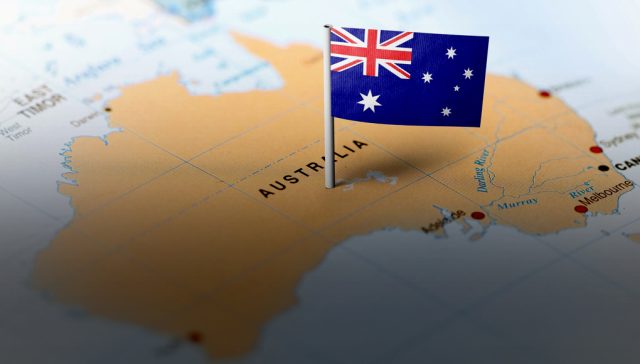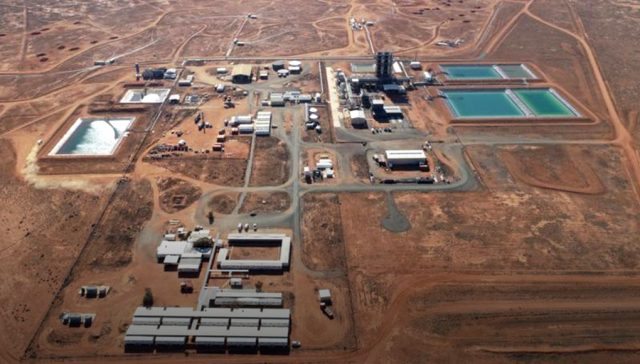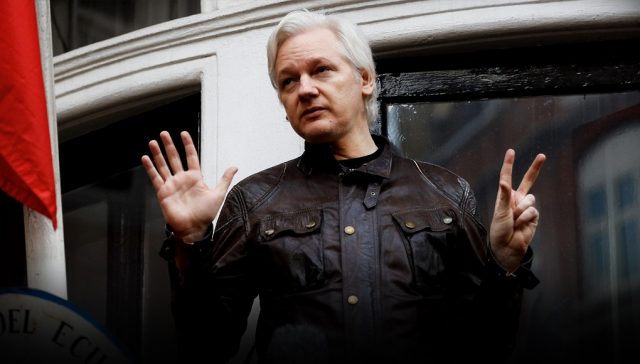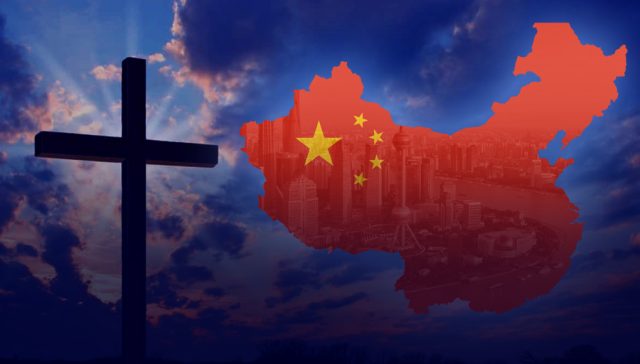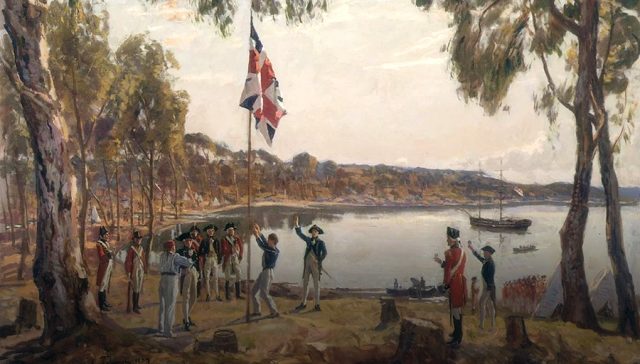United States
Pro-Natalist Policies – The Jury is Out
“By 2050, over three-quarters (155 of 204) of countries will not have high enough fertility rates to sustain population size over time; this will increase to 97% of countries (198 of 204) by 2100.” Global fertility in 204 countries and territories, 1950–2021, with forecasts to 2100: a comprehensive demographic analysis for the Global Burden of Disease Study 2021, Lancet. Fertility rates...
The Mask Is Off, Now
Reproduced with permission from The BFD https://thebfd.co.nz/2024/04/06/the-mask-is-off-now/ It must be such a relief for him. Finally, Anthony Albanese doesn’t even have to bother pretending any more: he’s finally got the excuse he’s been itching for, to rip the mask off and show what he really thinks. Or, more correctly, what he knows will win precious votes in Western Sydney. Perhaps Albo isn’t...
God and Government
“No gods, no masters” has been a popular anarchist phrase for over 500 years. Yet as society and culture becomes increasingly secular, authoritarianism has grown alongside it. The atheist utopia of a world dedicated to logic and reason seems further away now than it ever has been, despite more people choosing not to affiliate with religion. STATE WORSHIP Religion, in some...
Geopolitics and The Non-Aggression Principle
For an example of how libertarians philosophically wrestle, behold this exchange between the Arizona Libertarians and Australian Brett Lombardi: It is eloquent in its brevity: realpolitik confronting Rothbardian idealism. One of the foundational concepts of libertarianism is the Non-Aggression Principle. Put simply, this is the idea that violence and coercion between parties should be avoided, and that people should act cooperatively...
Exciting times ahead for uranium mining in Western Australia
During the 2017 WA election, McGowan’s Labor opposition campaigned hard to reinstate the ban on uranium mining. They followed through on this after winning the state election that year. Both Labor and the Greens ran scare mongering campaigns conflating uranium mining with the public’s historic nervousness regarding nuclear energy. Prior scare mongering has led to uranium mining projects being distrusted...
Assange’s Last Appeal
Last week, Australian journalist Julian Assange's legal team sought permission from the High Court of the United Kingdom to appeal his extradition to the United States, where he could potentially face severe penalties. This appeal represents Assange's final opportunity to challenge his extradition within the UK's legal system. Assange has become a symbol of injustice, political persecution, and the fight...
25 Provocative Predictions For 2024
With which do you agree or disagree? GOVERNMENT OVERREACH Habeas corpus will not be restored in Australia. The Australian Federal Budget will be in deficit and expenditure will increase on the previous year. ENVIRONMENT There will be at least 7 tropical cyclones or severe tropical cyclones in Australia. STOCK MARKET Woolworths’ revenue will be lower in the March 2024 quarter than in the March 2023 quarter. HEALTH There...
China’s Priority Next: Faith or Freedom?
In my previous article "China 2024 and Beyond", I argued that China, amid its troubles, is in desperate need of a visionary leader akin to Deng Xiaoping. Such a leader could rejuvenate China's economy through policies that prioritise freedom. The esteemed former senator, Bob Day, responded by emphasising the power of the Gospel when contemplating China's future trajectory. It's a...
The Nation State
As another Australia Day passes, it gives us the opportunity to reflect on our national identity and what it truly means to be Australian with the number purporting to opt out of celebrating our national day increasing. CHANGE THE DATE 26 January 1788 marks the landing of the First Fleet and raising of the Union Jack in Sydney Harbour. While it...
Decommissioning Solar & Wind Projects: A Costly Endeavour
Over the last decade, decommissioning and waste management of solar and wind energy projects has grown into a thriving industry. In the decades to come, with the continued deployment of projects all over the world, it will massively expand. Solar and wind projects require highly specialised recycling and waste management processes. Decommissioning large plants can run up costs of millions,...







